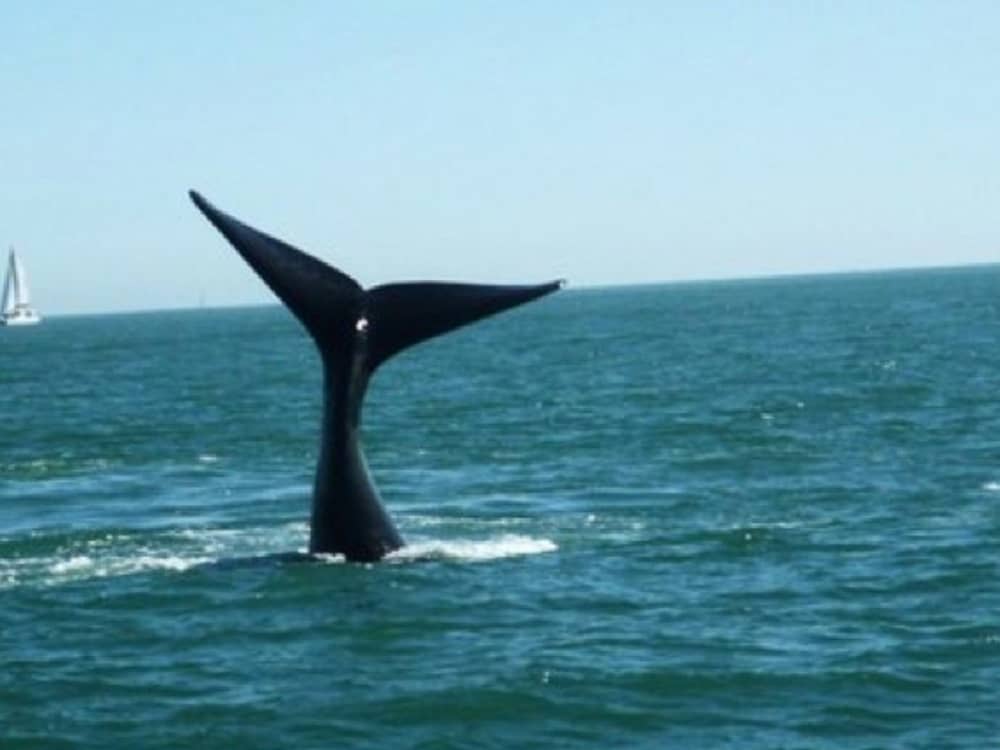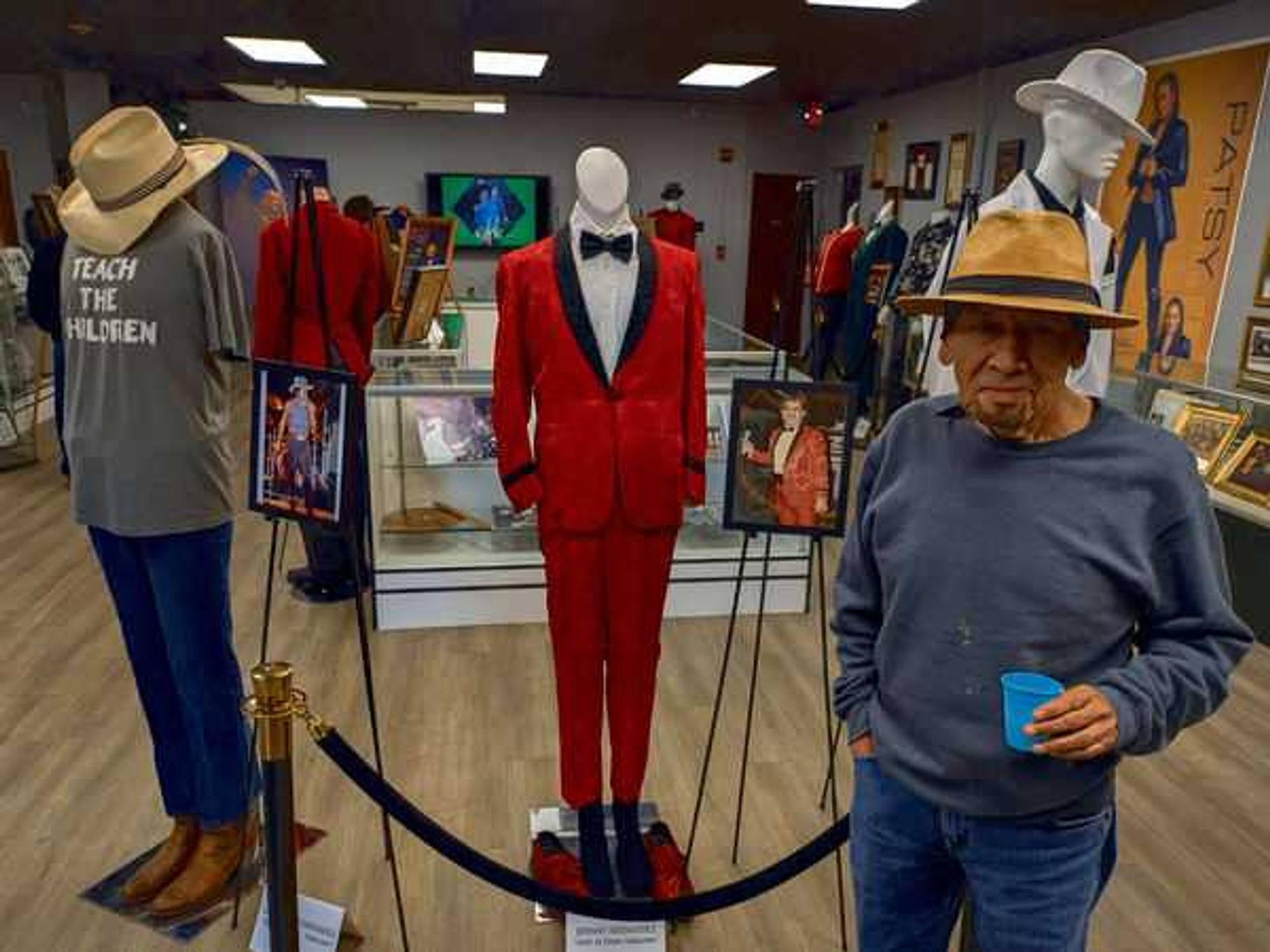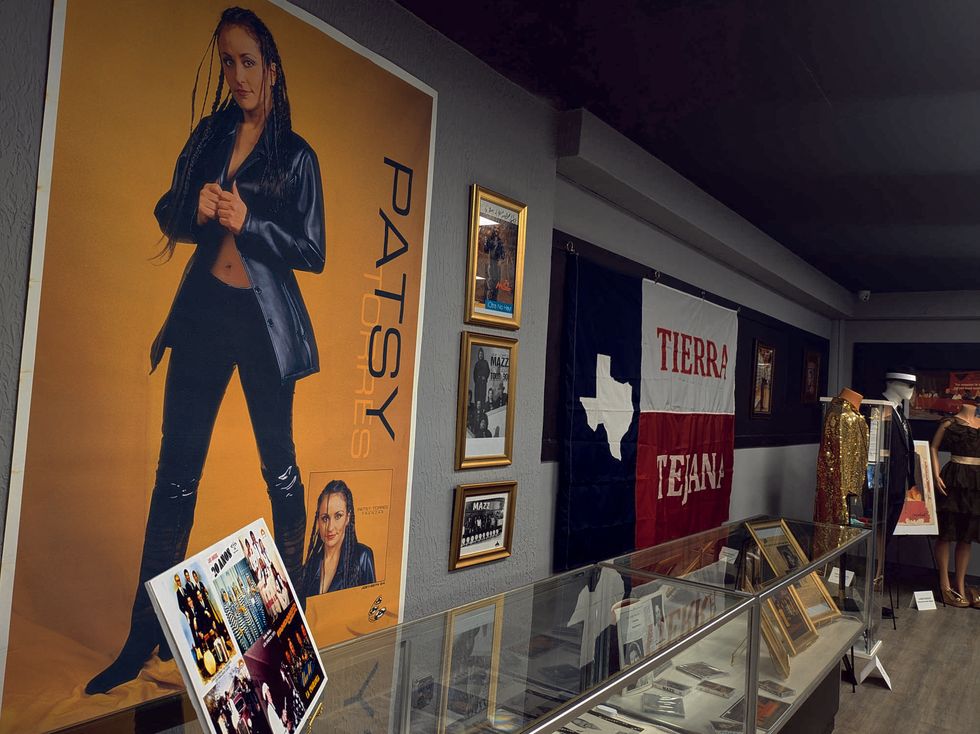Underwater Wisdom
Lessons from an aquababe: Man eating sharks are the ocean's real problem
 Sylvia Earle
Sylvia Earle Earle laments how little we still know about the ocean.
Earle laments how little we still know about the ocean. No one's asked the fish about the oil spill.
No one's asked the fish about the oil spill.
"Think like an ocean," urged Oceanographer Sylvia Earle, in a lecture for The Progressive Forum Tuesday night at the Wortham Center's Cullen Theater. Earle, also lovingly known as "Her deepness" or "the Carl Sagan of the ocean," is a leading scientist and advocate for research and protection of the world's seas.
I prefer her real title though, Explorer in Residence at National Geographic.
Earle has been interested in the sea since a wave knocked her over as a child. "The ocean got my attention," she recalled.
Formerly chief scientist at the National Oceanic and Atmospheric Administration, Earle created the Sustainable Seas Expedition, which allows school children to follow her research on marine sanctuaries. She co-founded Deep Ocean Engineering, Inc., and is known as the face of Google Oceans, an interactive guide to the deepest depths of the sea. She is the author of numerous books, including her most recent, The World is Blue: How Our Fate and the Ocean's Are One.
As part of her 2009 TED Prize wish she led Mission Blue, an ocean advocacy project designed to bring help bring awareness to the serious plight of the ocean.
Earle launched her remarks with an impressive whale cry, trying to one up Jane Goodall's guerrilla imitation in another Progressive Fourm talk.
"Houston is one of my favorite places on earth," Earle enthused, underlying the importance of the Gulf as a key resource in the global ecology of the seas. Did you know that much of the research on deep water technology was developed by the oil business? Earle then reminded us we are nearing the one-year anniversary of the Deep Water Horizon BP disaster.
Perhaps we have been too focused on the oil that drifted toward us instead of the oil that continues to wreak havoc in the ocean's intricate food web.
With 6,000 hours logged in underwater, Earle is most interested in what's going on at the most extreme depths. She holds the record for the deepest untethered solo dive at 1,250 feet, but is still disappointed that she hasn't made it to the bottom of the Mariana Trench, some seven miles down. In fact, few have, and the last time was decades ago. Much of the thrust of Earle's message is that we have been living a land-centric life, rightfully concerned about the fate of the air and forests, but quite clueless about what's happening in the ocean, which covers most of the earth's surface and provides us with 70 percent of our oxygen.
"We need those creatures in the sea" she adds. And it's serious. Earle says we have lost 90 percent of the ocean's large fish.
When asked about the discrepancy in various reports on the Deep Water Horizon BP disaster, she replied, "Did anyone ask the fish?" Her point is we just don't know enough and we have much more to explore.
"We watch movies seven miles up in the air, but know very little about the depths of the ocean," Earle insisted. "We also know more about outer space."
Earle didn't just dwell on the dire and depressing facts; she showed photographs of the weirdest and most wonderful looking fish, shared her love of every kind of submarine and her time underwater as an "aquababe," and also screened a short film on her TED Prize Mission Blue excursion.
She concluded her remarks with an action plan. "Vote with your fork," when it comes to eating Bluefin tuna and other endangered large fish. "The problem isn't man-eating sharks, but man eating sharks. The Orange Roughy we eat has a lifespan twice as long as ours, yet we can swallow it in 20 minutes.
"They call me the sturgeon general," quips Earle. "Imagine the equivalent of national parks in the ocean to protect key areas.
"What we do during the next decade is going to determine the next thousand years. We need to protect our blue heart."
Sylvia Earle reveals her wish for the 2009 TED prize
Take a plunge with Earle on Google Oceans

 The newly opened Totally Tejano Hall of Fame and Museum includes a growing collection of memorabilia. Photo by Edmond Ortiz
The newly opened Totally Tejano Hall of Fame and Museum includes a growing collection of memorabilia. Photo by Edmond Ortiz